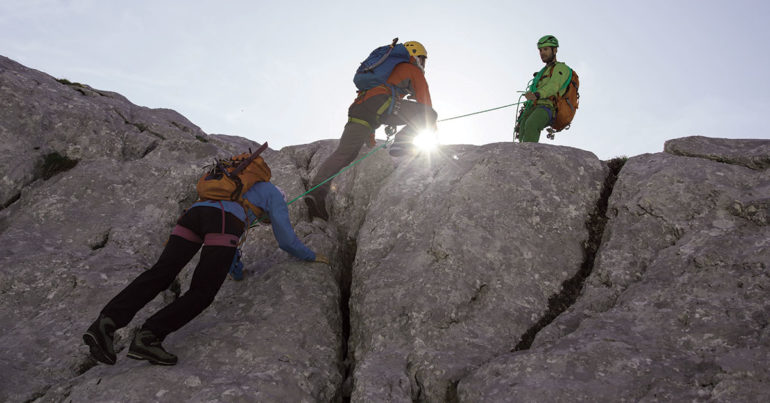
“We’re all in this together.” Lifting each other up.
The message is everywhere, from our government briefings to social media to the late-night talk show hosts filming from home. I love hearing it, because it’s never been so true. I’ve actually been thinking a lot about what “togetherness” means these days. More than anything, I think it’s about finding the best ways to support each other.
I know for me, it depends on the person I’m trying to hold up. Group video chats have helped boost the spirits of my friends, especially one who has a family member, still awaiting COVID test results. And one-on-one phone calls are sometimes better with individual family members and clients. With some, I know to send a quick text check-in so they can reach out when they have time to talk or feel like talking. Lifting up others comes with an added bonus: I lift myself up at the same time.
Yesterday I set up a virtual Zoom lunch with a good friend. We had a nice visit on a beautiful Spring day. I was bemoaning the fact that I was watching the squirrels feast on my bulbs. Unexpectedly 5 hours later, I found a large pitcher of daffodils and a container of chili on my garden steps. Wow! That made my day — and it made her day by doing it.
A number of my friends were cheerleaders in high school or college, so you can imagine the roar of chatter when we all get together. It can be deafening, but fun. These days though, they’re no longer waving pom poms. Not yelling cheers or leading chants. Yet they’re better cheerleaders than ever. Why? Because they’re being “real,” protecting themselves and taking specific actions they know will help lift others up.
The same can be true for you as well. What helps lift you up?
Which 1 or 2 specific things can you do today to lift someone else up?
Look for more tomorrow. Stay safe. Be well.
Sallie




